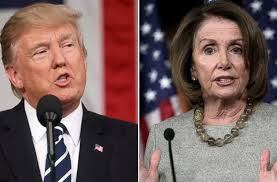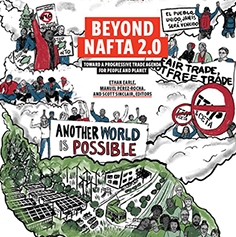On November 11th, the TPP-11 countries announced reaching an agreement on reforms that have been negotiated since the United States exited the deal. The most evident one is its new name which is meant to appease world-wide criticism as one of the worst trade deals for the people ever negotiated. They now want to call it the ‘Comprehensive and Progressive Trans-Pacific Partnership’ or CPTPP.
We are well aware of how world leaders are intentionally trying to avoid easy to remember acronyms due to the brand-busting campaigns that have caused the global opposition to corporate trade deals. Re-branding it as a progressive deal cannot hide what remains behind the deal, such as the ISDS.
An official announcement declared that “Ministers are pleased to announce that they have agreed on the core elements of the Comprehensive and Progressive Agreement for Trans-Pacific Partnership.” This reformed deal eliminated 20 sections of the original TPP text, including provisions related to pharmaceutical products, patent protection, copyright and intellectual property. However, the agreement is still far from progressive and far from being signed as Canada is insisting it will not be pressured into a deal that is not good for Canadians.
An analysis of the deal by the Electronic Frontier Foundation (EFF) welcomes the suspension of the Intellectual Property provisions, which were amongst the most dangerous of the provisions in the original TPP deal. However, it warns that suspensions are a commonplace tactic to reinstate contentious aspects of trade agreements. Furthermore, the deal continues to limit user rights in other sections of the deal and maintains the Investor-State Dispute Settlement, a threat to democracy across the globe.
At the end of the day, the EFF concludes that “The only way we can trust that the TPP agreement will reflect users’ interests is if the reopened negotiations are inclusive, transparent, balanced and create avenues for meaningful consultation and participation from stakeholders. The decision to exclude some of the most dangerous threats to the public’s rights to free expression, access to knowledge, and privacy online is a big win for users, if indeed the TPP countries follow through with that decision as now seems likely. However, the TPP was, and remains, a bad model for Internet regulation.”
Photo by Mark Schiefelbein/ AP

